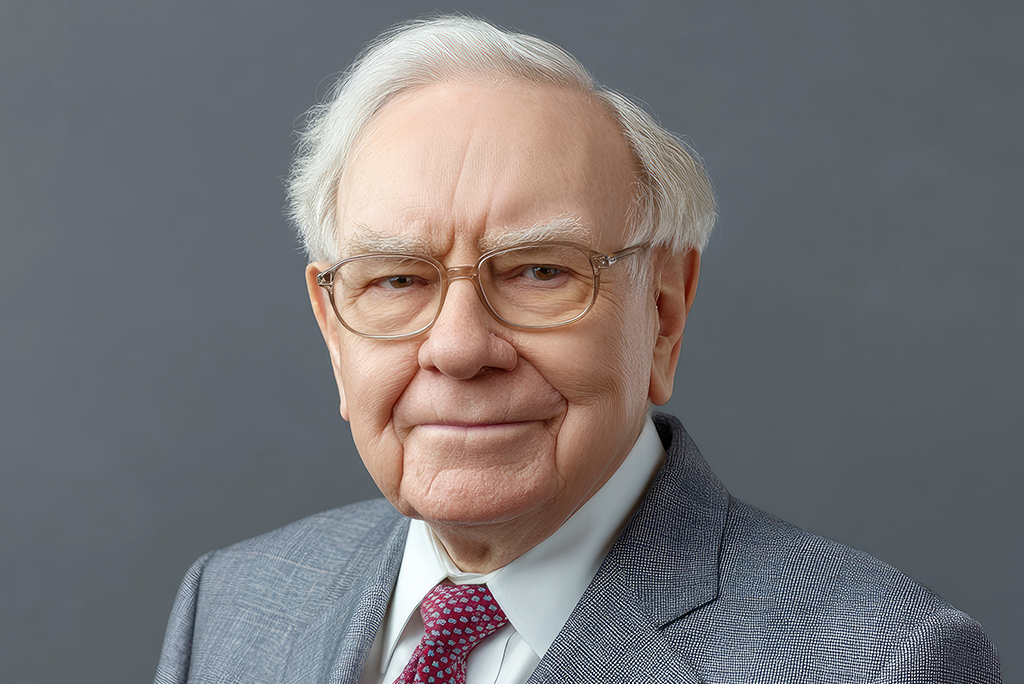From Omaha Beginnings to Global Icon
Warren Buffett’s story is a classic American tale. Born in Omaha, Nebraska, in 1930, he demonstrated a knack for business from a remarkably young age. By age six, he was buying six-packs of Coca-Cola and selling individual bottles for a profit; by his teens, he was running a lucrative paper route and operating several small side businesses, including selling used golf balls and running a network of pinball machines in barbershops.
Buffett’s early fascination with numbers and investment was nurtured in his father’s stock brokerage, where he pored over ticker tape quotes, learning the rhythms of financial markets. By age 11, he had already bought his first stock, Cities Service Preferred.
He attended the University of Nebraska and later Columbia Business School, where he studied under the legendary value investor Benjamin Graham. These lessons became foundational in forming his own investment philosophy.
Building Berkshire—and a Partnership for the Ages
Buffett started Buffett Partnership Ltd in 1956, using $100,000 in capital to launch his investment career. In 1965, he took control of Berkshire Hathaway, then a struggling textile mill, and gradually transformed it into a powerhouse conglomerate whose interests now span insurance, railroads, energy, food, and more.
A pivotal chapter in Buffett’s story is his partnership with Charlie Munger. Munger, who became vice chairman of Berkshire Hathaway in 1978, deeply influenced Buffett’s approach. Whereas Buffett’s original strategy, based on Graham’s teachings, focused strictly on finding undervalued “cigar butt” stocks, Munger convinced him to pursue “great businesses at fair prices,” emphasising quality,
enduring brands, and strong management. Their collaboration helped to define the Berkshire ethos of patient, disciplined value investing, and transformed Berkshire from a textile firm into a global juggernaut with holdings like Coca-Cola, Apple, Geico, American Express, and BNSF Railway.
The Oracle of Omaha
Buffett’s track record as an investor is unparalleled. Dubbed the “Oracle of Omaha,” he became a household name for his plainspoken wisdom, philanthropic ideals, and extraordinary returns delivered to generations of Berkshire shareholders. He became a billionaire at 56, but the scale of his wealth didn’t truly explode until after his mid-sixties—by some estimates, more than 98% of his $160 billion fortune was accumulated after he turned 65, a testament to steady compounding over decades.
Despite his immense wealth, Buffett’s lifestyle has remained famously unpretentious: he still lives in the same Omaha house he bought in 1958 and is known for his love of Cherry Coke and simple pleasures.
The Buffett Playbook: Principles and Investments
Buffett’s investment style is built on a few unshakeable pillars:
- Buy Businesses, Not Just Stocks: He views stock ownership as owning a piece of real business, not mere paper trades.
- Quality and Moats: He seeks businesses with durable competitive advantages—what he calls “economic moats”—and honest, competent management.
- Patience and Value: He’s extraordinarily patient, sometimes waiting years to make a purchase, always demanding a “margin of safety” by acquiring assets below their intrinsic value.
- Long-Term Orientation: Buffett’s favourite holding period, he likes to joke, is “forever.”
Some of his most significant investments have become synonymous with Berkshire Hathaway’s enduring success.
A Legacy Secured
Buffett’s retirement at age 94 marks the end of an era. The leadership baton passes to Greg Abel, while the business world celebrates one of the most extraordinary investment careers in history. The lessons of Warren Buffett—patience, integrity, partnership—will echo for generations.
30 June 2025
By Jenaia Clarke, Operations Director and Financial Adviser
CP Wealth

